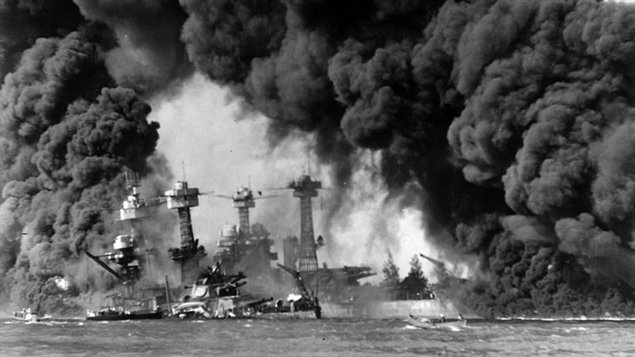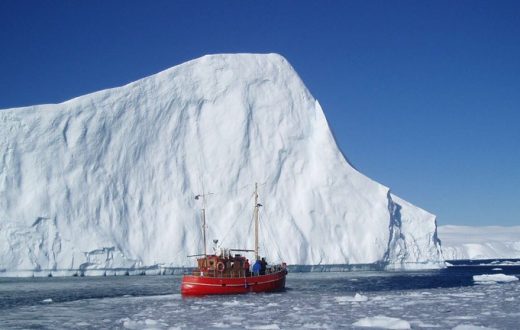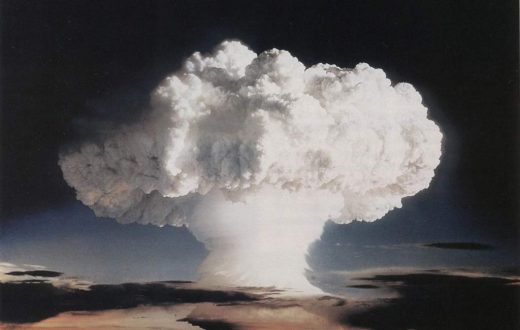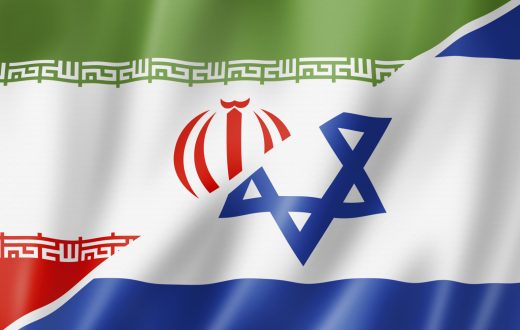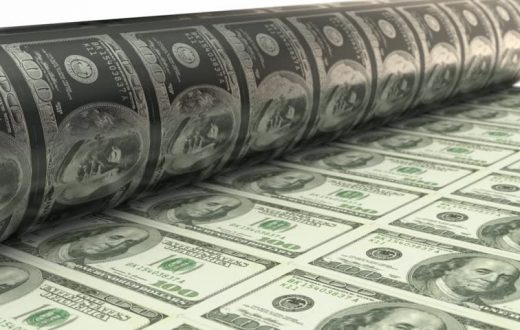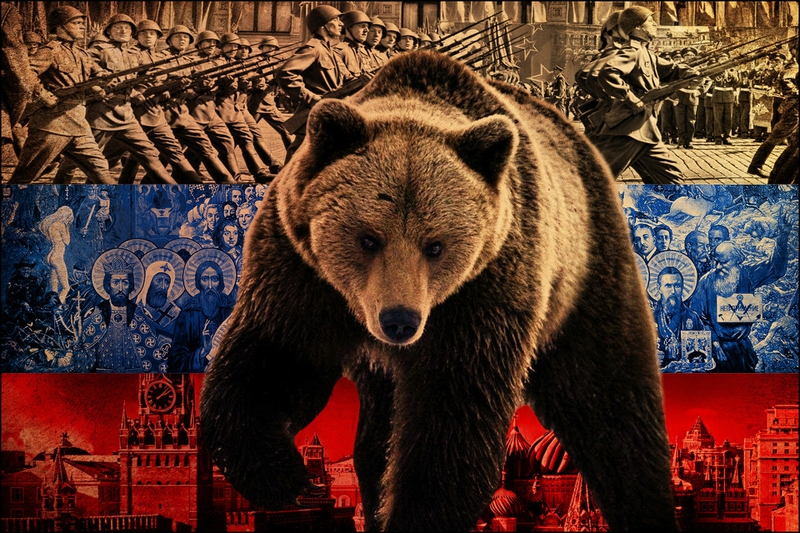On December 7th this year, the 76th commemoration on the attack on Pearl Harbor will be hailed in Hawaii.This event is considered by specialists to be the most important failure in 20th century American intelligence. This incident revolutionized intelligence methodology, since American decision makers decided to avoid similar episodes from happening in the future at any cost. Even if there is a great discussion between scholars and analysts on how this disaster occurred, people from academia have not been able to give a thorough explanation on whether Pearl Harbor was the effect of missed warnings, or if there were no imminent clues present to prevent the attack. There has been no single overall explanation that has been completely accepted, since the roots of the failure can reside in the organizational, tactical or psychological realm or the combination of all factors previously mentioned.
In fact, scholar opinions are divided between two schools: traditionalists (lack of fear of the threat and inability to decode Japanese messages) and revisionists (intentional disinformation of the officers in charge in Hawaii). Conventional wisdom suggests that intelligence failures are the result of available warnings which were present before the developments of a disaster, but were missed. Hence, the logical solution would be to improve the ability of analysis to detect key signals despite background noise. It is utterly important to be able to spot such indicators to avoid cry wolf effects.
Indeed, this was one of the central issues concerning the failure at Pearl Harbor. Since there were so many previous false alarms concerning an attack in the region, the commanding officers and troops had their guard down. Besides, Americans made the mistake of underestimating the enemy’s intentions by thinking that for the Japanese it would be hara-kiri to attack American soil, since their capacities were intrinsically stronger, and they would be overthrown in a blink of an eye. Despite many warnings of a probable hostile threat, Washington failed to properly understand this danger and prevent the attack.
Even if opinions differ on whether the attack was preventable or not, Pearl Harbor has not only become a painful episode in American history. Indeed, this turned into a crucial moment for the Western world since it triggered the declaration of war against the Third Reich. This also entailed a change in the course of World War II and the writing of the current geopolitical scheme.

